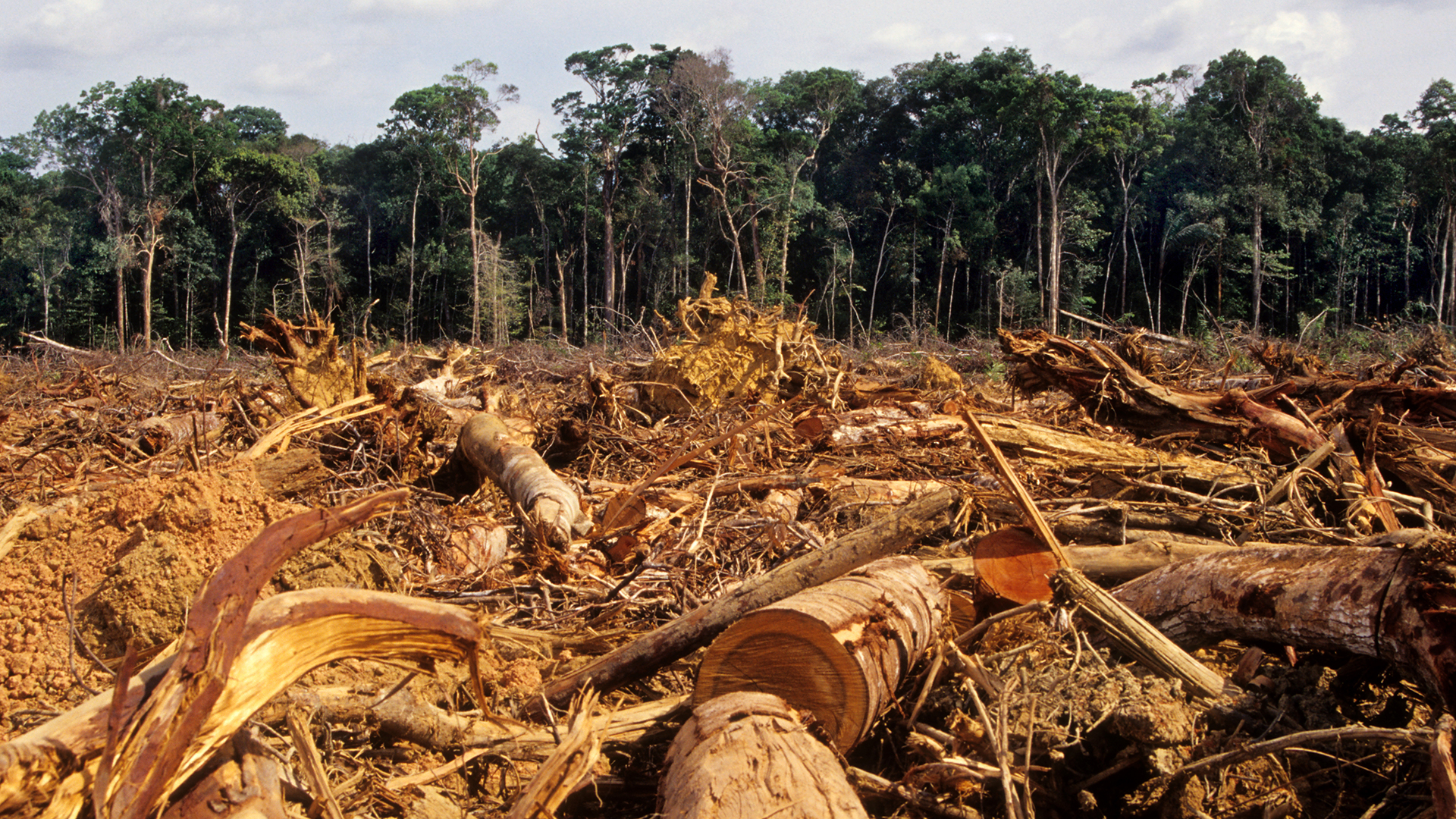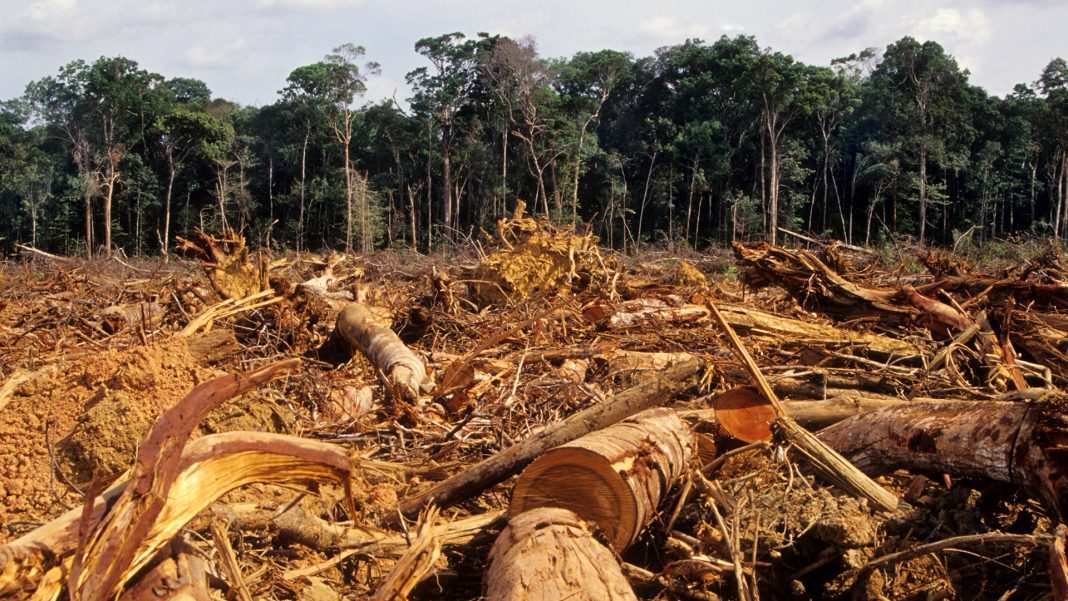
Australian Senate Calls on EU to Delay Implementation of Flawed Law Impacting Exports
The Australian Senate has recently passed a motion urging the European Union (EU) to postpone the implementation of new regulations that could have a significant impact on Australia’s exports. The Senate argues that the EU has made a fundamental error regarding the country’s agricultural land, which could result in a drastic reduction in exports to the trading bloc.
The European Union Deforestation Regulation, scheduled to take effect in December, will lead the 27 EU member countries to reject various agricultural products originating from land categorized as “deforestation or forest degradation” after December 31, 2020. This ban would affect products like cattle, soya, rubber, wood, beef, leather (excluding dairy), as well as non-Australian products such as palm oil and coffee.
While Australia’s beef exports to the EU account for only 1.3 percent of the total market, they hold substantial value, worth $143 million. In 2022, the EU imported goods worth $23.5 billion from Australia. New Zealand and the United States have also expressed concerns about the legislation, but the EU has not yet provided an extension.
One of the main concerns for Australia lies in the EU’s interpretation of the term “forest.” Senators Matt Canavan and Raff Ciccione have co-sponsored a motion highlighting that 44 percent of land classified as “forest” is, in reality, grazing land for herds. This means that beef produced in these areas will be unable to be exported to Europe unless the implementation of the new rule is delayed for further resolution.
The EU’s justification for imposing this rule stems from its commitment to promoting ambitious environment and climate policies globally, in accordance with the Charter of Fundamental Rights of the European Union. The EU aims to utilize the power of trade partnerships to foster green and just economic growth. However, Australia argues that the EU’s interpretation overlooks the unique characteristics of its agricultural practices and landscapes.
The consequences of this legislation would be particularly significant for the state of Queensland, which is responsible for grazing 45 percent of Australia’s cattle. Unfortunately, Queensland has a concerning record of deforestation, with nearly 350,000 hectares of woody vegetation being cleared in 2020/21 according to government data. The Wilderness Society’s analysis indicates that around 65 percent of this cleared land was converted into livestock pastures, with more than half of it being regrowth vegetation over 15 years old. Additionally, a report by the Australian Conservation Foundation revealed that as few as 205 properties were accountable for half of all land-clearing in Queensland.
In response to these impending regulations, the Albanese government has formally requested the EU to delay the implementation and postpone any penalties by at least two years. The government claims that the meaning and application of the regulations remain unclear and require further examination.
Australia, along with other countries like New Zealand and the United States, is concerned about the potential negative impact of the EU’s Deforestation Regulation on its exports. By highlighting the flaws in the EU’s interpretation and providing data on the unique characteristics of Australian agricultural practices, the Australian Senate seeks to protect its valuable export market and advocate for a more nuanced approach to environmental regulations.


